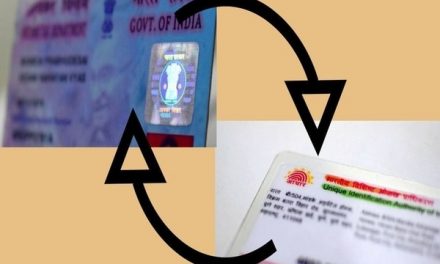The government on Wednesday clarified that businesses will be required to pay interest on delayed payment of Goods and Services Tax (GST) on the net cash tax liability instead of the gross value of tax from “retrospective” effect, even as a formal order on this matter issued on Tuesday is effective prospectively from September 1, 2020.
The industry had earlier this year raised concern over the directive of recovery of about Rs 46,000 crore of unpaid interest on delayed GST payment. The interest was charged on gross tax liability.
The GST Council, comprising centre and state finance ministers, in its 39th meeting in March had decided that interest for delay in payment of GST to be charged on net tax liability with effect from July 1, 2017, and law would be amended retrospectively.
However, the Central Board of Indirect Taxes and Customs (CBIC) on August 25, notified September 1, 2020, as the date from which interest would be charged on net tax liability.
AMRG & Associates senior partner Rajat Mohan said this notification seems to be in disconnect with decisions of GST Council wherein it was assured to the taxpayers that the said benefit would be available retrospectively from July 1, 2017.
“Prospective availability of this benefit would mean that millions of taxpayers may be looking at the demand of interest for over 3 years from the date of GST implementation. Businesses are expected to approach the High Courts again on this unjustified and illegal demand of interest basis the ‘principle of estoppel’,” Mohan said.
The CBIC had earlier said that GST law permits interest calculation on delayed GST payment on the basis of gross tax liability. This position has been upheld in the Telangana high court’s decision dated April 18, 2019.
Net GST liability is arrived at after deducting input tax credit from gross GST liability.
Hence, calculating interest on gross GST liability increases the payout burden on businesses.
EY tax partner Abhishek Jain said with the GST Council has approved a retrospective amendment to interest being applicable on net liability, businesses would now await retrospective prescription for this.
“The retrospective notification becomes all the more imperative to subside multiple notices which were issued by the revenue authorities demanding GST on gross liability,” Jain added.
Businesses, other than those under the composition scheme and quarterly return filers, registered under goods and services tax (GST) have to file returns (GSTR-1) showing tax liability by 11th of the following month and pay taxes by filing GSTR-3B between 20th-24th (due date varies according to the state in which businesses are registered).
There have been cases where GST assessees have paid taxes after the due date but did not pay the interest due on account of delayed payment.
There were doubts about whether the interest was to be paid on gross tax liability or net tax liability. Interest at the rate of 18 percent is levied on delayed tax payment.
Also read: FM hints at GST cut on two-wheelers: Details here











